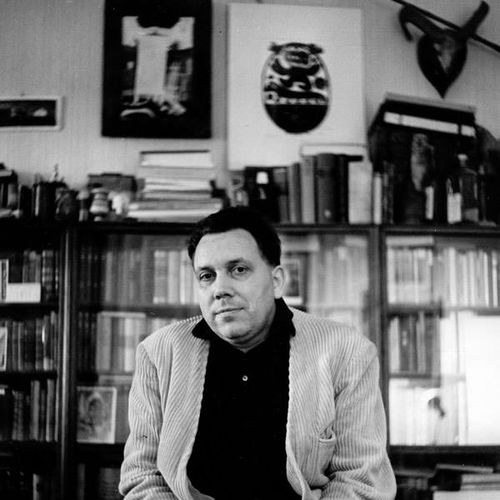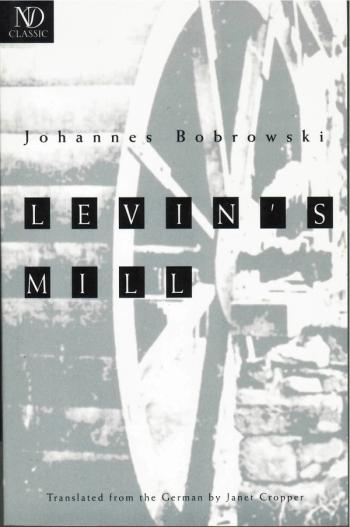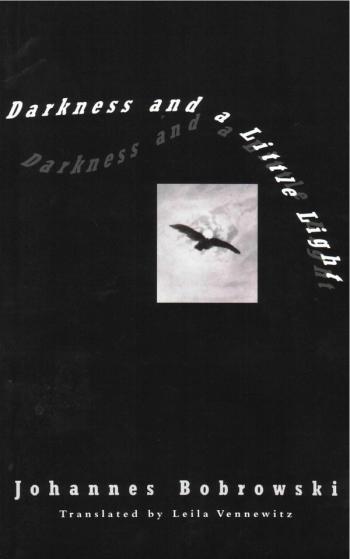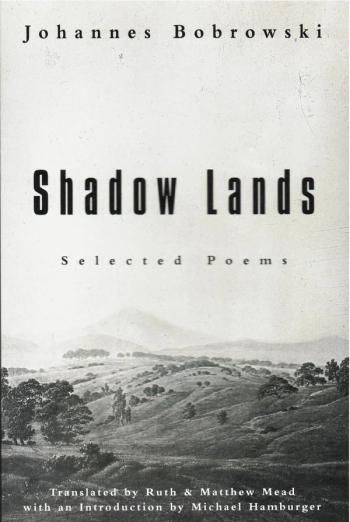Johannes Bobrowski
The great-great nephew of Joseph Conrad, Johannes Bobrowski (1917–1965) was born in Tilsit, East Prussia. He began to write poetry on the Eastern Front in 1941, and was a prisoner of war in Russia from then until 1949, when he returned to Germany. He lived in East Berlin and worked as a reader for the publishing house Union Verlag until his death in 1965 of an infection. He received major literary awards for his poetry and fiction in Austria, Switzerland, East and West Germany.



